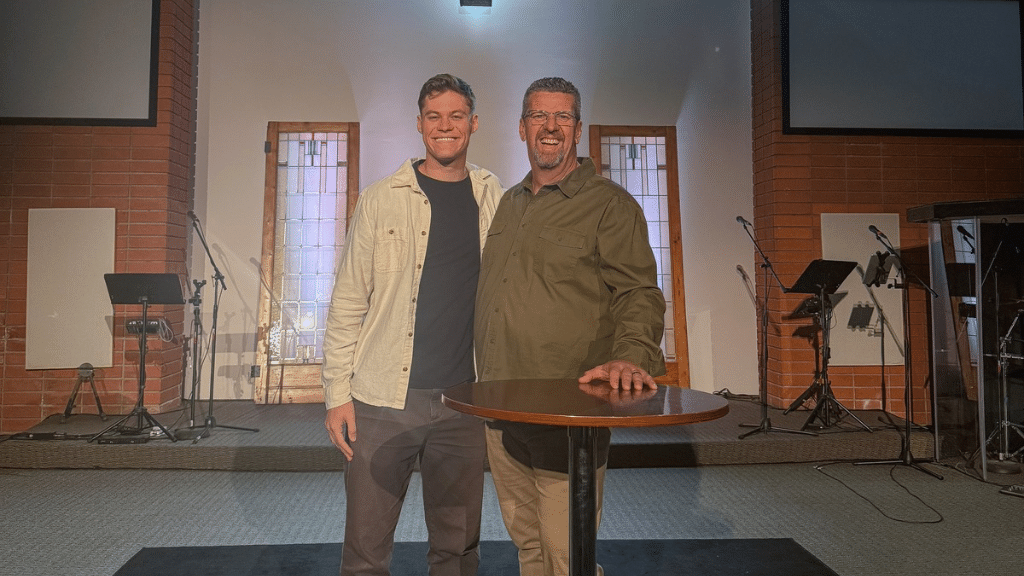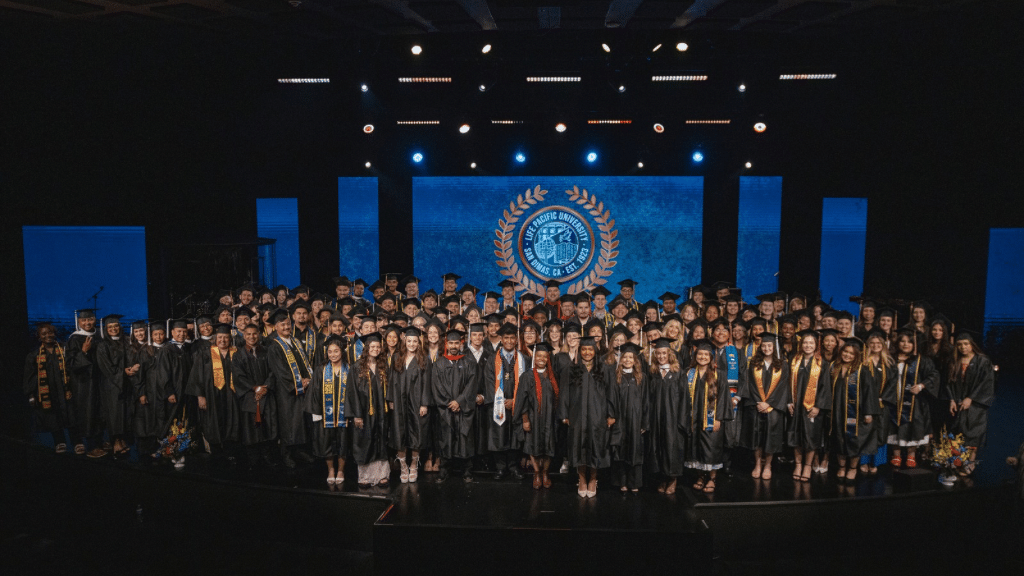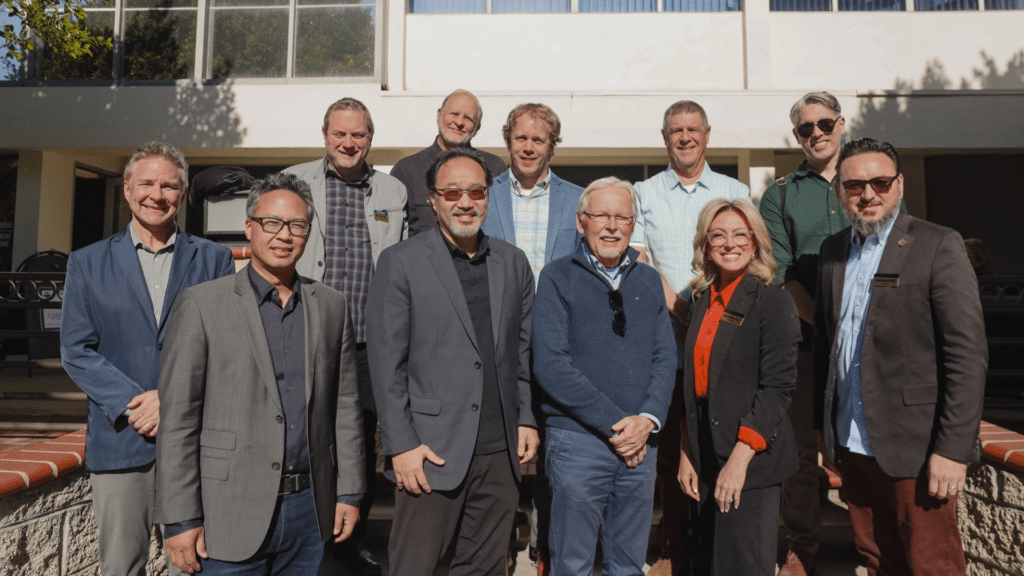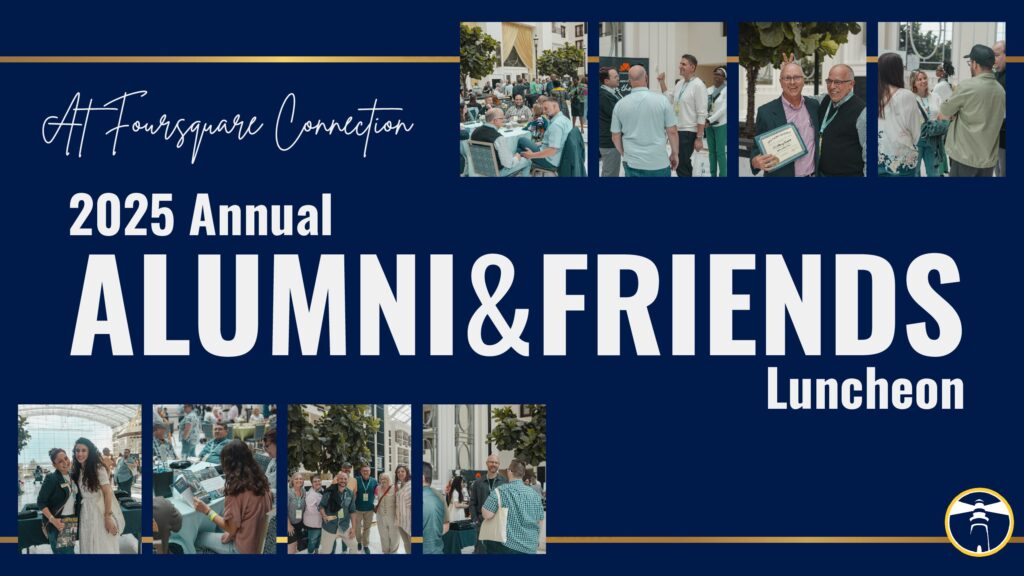
 Life Pacific University was awarded a $9,850 Teacher-Scholar grant through the Calvin Institute of Christian Worship. Chair of the Worship Arts and Media program, Dr. Steven Felix-Jager, proposed a research and writing project entitled Judging Worship: Navigating Aesthetic, Pastoral, and Theological Evaluations of Congregational Worship Music, which was subsequently accepted and the grant awarded. This grant pays for Dr. Felix-Jager and a Graduate Research Assistant to do research regarding the proposed topic.
Life Pacific University was awarded a $9,850 Teacher-Scholar grant through the Calvin Institute of Christian Worship. Chair of the Worship Arts and Media program, Dr. Steven Felix-Jager, proposed a research and writing project entitled Judging Worship: Navigating Aesthetic, Pastoral, and Theological Evaluations of Congregational Worship Music, which was subsequently accepted and the grant awarded. This grant pays for Dr. Felix-Jager and a Graduate Research Assistant to do research regarding the proposed topic.
Summary of Project:
This interdisciplinary project draws together methods from aesthetics, cultural hermeneutics, and practical theology to help worship practitioners understand and appreciate some of the many authentic Christian expressions of congregational Protestant worship. Because worship traditions and contexts have their own standards of judgment and must be understood within their own narrative frameworks, this project explores the different types of judgment (aesthetic, pastoral, and theological) utilized when discerning the suitability of a worship expression. When various critical tools are appropriately utilized, we can foster understanding and rapprochement rather than dissension between Christian worshiping traditions.
The Problem the Project addressed:
There are two ways that congregational worship music can be misjudged: 1) Unfitting criteria for judgment can be utilized to inappropriately judge a different tradition’s worship practices. Aesthetic, theological, and pastoral criteria for judgment differ across worshiping communities. Because worship practices are culturally specific, the criteria for evaluating worship practices are set by the worshiping community that performs the practices. The worshiping community thus becomes the arbitrating community that extends its rules of engagement. It would be wrong, for instance, to utilize the rules of engagement associated with Reformed hymnody to analyze a black Pentecostal gospel song. 2) Categories of judgment can be misdirected. Someone might, for instance, judge a worship song’s theological or pastoral function by critiquing its aesthetics, thus utilizing an inappropriate set of criteria for what they intend to judge. For instance, it would be wrong to assume simple, repeated lines in the bridge of an evangelical worship song indicates a lack of theological richness. Perhaps the song’s liturgical function was to inculcate a new identity over the congregant.
To help solve these problems this project seeks to create a framework for evaluating congregational worship music on aesthetic, theological, and pastoral grounds in a way that preserves the localized worship expressions of different traditions. Through a mix of theoretical and ethnographical work, this project seeks to bring some clarity on how one can come to indiscriminately understand the beauty of worship across traditions. To put it succinctly, this framework will help practitioners avoid making category errors when comparing and assessing worship practices across traditions.









